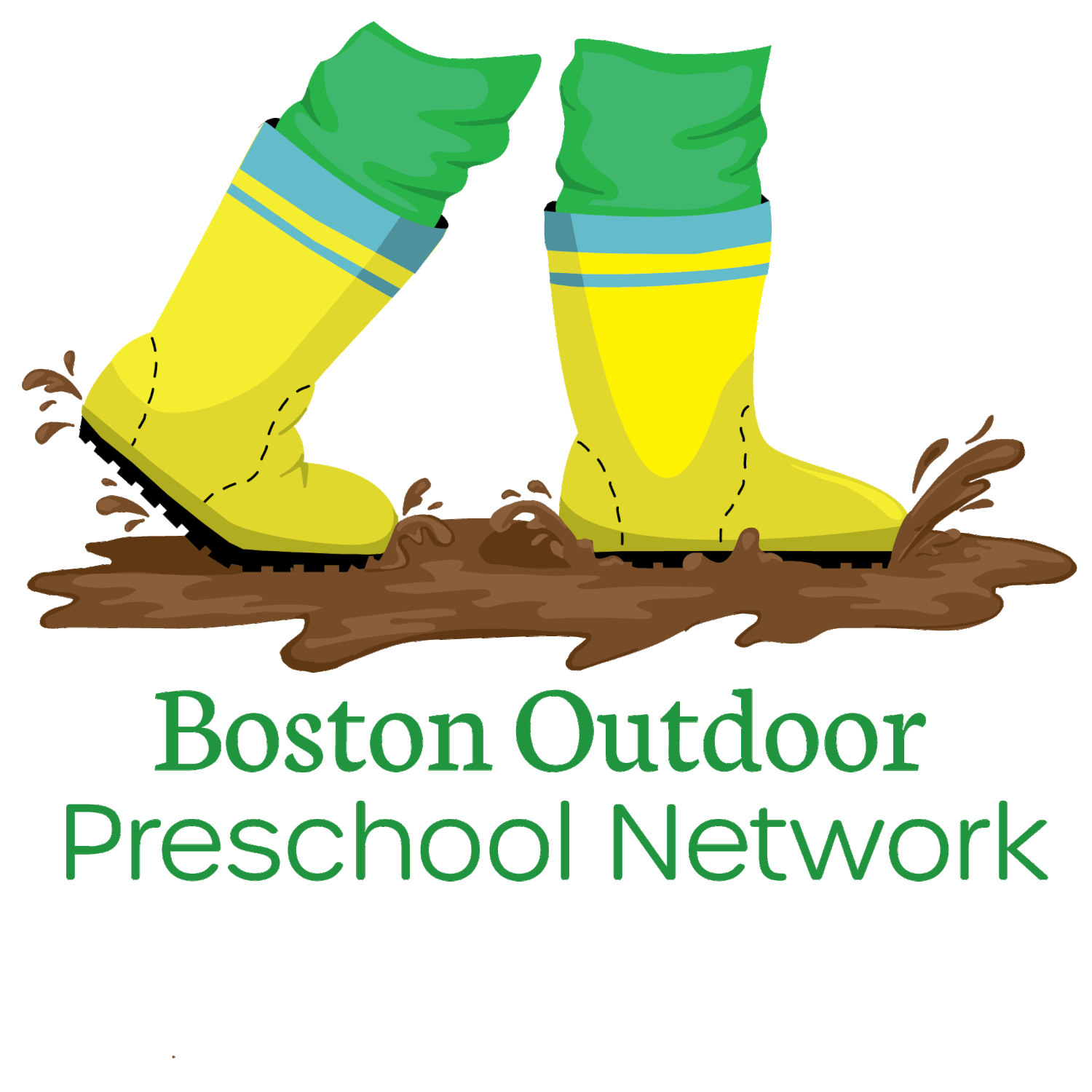Learning to be Naturalists: A Guided Exploration
By Jim Gray, father, author, naturalist, & early childhood teacher
At BOPN, being a Naturalist is just one of many ways of being in the forest. The joy of being a naturalist is the sense of awe at being connected to, and actively engaged in, the vast complex adaptive systems of physical, living, and social realms.
Embracing my own role of Naturalist, I prepared to teach a class of three, four, and five year olds, who were currently very interested in mushrooms. I thought about BOPN's emergent curriculum, and, before class, went on a mushroom hunt to the nearby park and brought back photos of a small, tightly clustered family of mushrooms, hoping to share it as a kind of unbound picture book, if the class was interested.
The next day, the children crowded around, eagerly analyzing each photo, noticing minute details about the mushrooms. Inspired by this lesson, we set off through the forest in search of fungi. We did not find any mushrooms for a long time while on higher ground, until we ventured down close to the pond. In those damp areas, we found three different types of mushrooms, and they were all attached to dead wood. Though we didn’t stop to discuss this fact in the moment, one child later recalled, “They [mushrooms] are sort of a plant and need water, that's why they grow in slippery places.’" Indeed, in the wettest area next to the pond, we found a thriving colony of mushrooms -- shaped with stalks and caps -- sharing a half-decomposed log with patches of green moss. We examined our find, but did not touch it. A few moments later, we spotted some shelf mushrooms on a somewhat drier log laying among the branches, twigs, needles, and leaves.
The whole-body experience of searching a forest for mushrooms is not possible in a classroom. Outdoor hikes provide experiences that help children make special kinds of connections to specific topics like mushrooms (or falling leaves, bird songs, water flowing, etc.) and also develop intuitions and helpful background knowledge about the forest as a whole. These mushroom explorers experienced the forest with all of their senses, trekking through the brush on a dry ridge, down into the moist mushroom area, stopping at the edge of the algae-covered pond. They experienced first-hand the relationship between the terrain, water, and the particular plants living in each environment. This made for an engaging “mushroom hike” that they all remembered several weeks later when I returned. As cognitive scientists and good teachers would note, making connections across a wide range of experiences, as this class did, is what supports deep understanding of a topic. Perhaps later, if they study how fungal networks help trees communicate with each other to maintain a healthy forest ecosystem, these students will draw on their early nature-based experiences.
Why do we need naturalists, big or small, in the 21st century world? The potential contributions of Naturalists is great. Charles Darwin sailed his ship Beagle to destinations like the Galapagos Islands where he observed previously undiscovered patterns among species with profound implications for understanding the living world. Jane Goodall used her binoculars and nearly infinite patience to observe chimpanzees in their natural home, become an accepted presence among them, and thereby discover complex social relationships and forms of intelligence that trained scientists of the day considered impossible. As we have seen, all of us -- even very young children -- can use our powers of observation and available tools to take on the role of Naturalists, with benefits for our own well being and the health of our environment. If historical figures like Darwin and Goodall are the pinnacle of being Naturalists, we can all take hikes in the foothills of this way of being, and we can guide young children to take their first steps along the same path.
Would you like your child to be a little naturalist?




